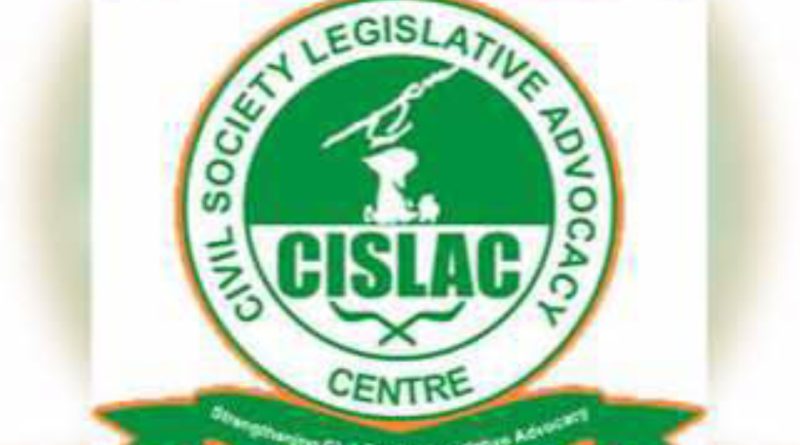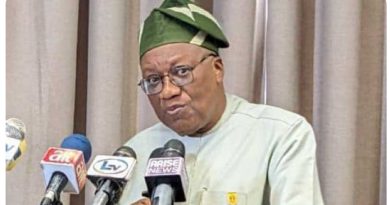CISLAC Demands Transparency in the Ajaokuta Steel Revitalization Efforts, Calls Out Potential Irregularities
Maryam Aminu
In a stirring call for integrity and accountability, the Civil Society Legislative Advocacy Centre (CISLAC) has urged the Ministry of Steel Development and the Bureau of Public Procurement (BPP) to uphold transparency in the process of selecting a Transaction Adviser to restore Nigeria’s struggling Ajaokuta Steel Complex (ASCL) and the National Iron Ore Mining Company (NIOMCO) in Itakpe.
Comrade Auwal Musa Rafsanjani, CISLAC’s Executive Director, voiced concerns over the procurement process, warning of deviations from the Public Procurement Act, 2007, and other essential legal standards.
CISLAC, as the Nigerian chapter of Transparency International, underscored the urgent need for adherence to due process, emphasizing that any lapse could erode public confidence and deepen mistrust in Nigeria’s procurement system.
The Ajaokuta Steel Complex, once heralded as the bedrock of Nigeria’s industrial ambitions, has long been a beacon of unrealized potential, despite over $7 billion in federal investment over the past four decades. With Nigeria’s dreams of an industrial powerhouse still on hold, CISLAC’s message is loud and clear: the country cannot afford another costly misstep.
CISLAC’s letter pointed to several disturbing oversights in the process.
According to Rafsanjani, the Request for Proposal (RFP) did not specify the required weighting between quality and cost factors a critical element to maintain fairness under Section 51(1) of the Public Procurement Act. Furthermore, technical scores of bidders were reportedly withheld before opening financial proposals, a move that violates Section 51(4) of the Act and casts doubt on the integrity of the selection.
Beyond procedural lapses, CISLAC flagged a lack of transparency in the bid’s evaluation criteria, which goes against Section 46(1)(e) of the Act.
Rafsanjani warned that without clear guidelines, the process is vulnerable to subjective judgments that could taint the selection of a qualified adviser.
CISLAC’s concerns extended to the exclusion of the Infrastructure Concession Regulatory Commission (ICRC) from the process, a violation of the ICRC Act, 2005, which raises red flags around the legal soundness of the transaction.
In a clarion call for broader oversight, CISLAC stressed the importance of involving Civil Society Organizations (CSOs) to ensure a fair and transparent process, aligned with Nigeria’s National Anti-Corruption Strategy.
“Transparency in procurement is not just a procedural requirement; it is the bedrock of public trust,” Rafsanjani stated.
He highlighted that Section 57 of the Act mandates clear disclosures of any conflicts of interest, a safeguard CISLAC insists must be enforced rigorously.
Echoing the hopes of many Nigerians, CISLAC reminded officials that this process represents more than just a business transaction it is an opportunity to restore faith in Nigeria’s public institutions and to demonstrate that lessons from the past have not gone unlearned.
CISLAC’s urgent appeal concludes by calling on the Honourable Minister of Steel Development and the Director General of the Bureau of Public Procurement to immediately address these concerns.
As Nigeria stands at a pivotal moment, the organization is adamant that only a highly competent and vetted adviser, selected transparently and fairly, can steer Ajaokuta and NIOMCO towards their long-awaited revival.
“Let us not repeat the mistakes of the past,” Rafsanjani urged, underscoring the pressing need for reform and transparency in securing the future of Nigeria’s most critical industrial assets.




